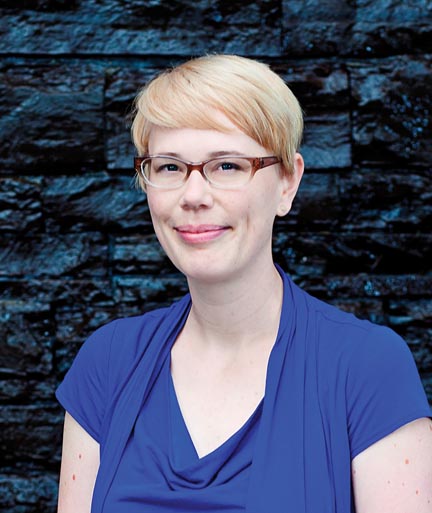
The question of whether to accredit Trinity Western University’s planned law school is back on the agenda with the B.C. Supreme Court considering a judicial review application in the case this week.
 Proceedings begin today in Vancouver of the university’s challenge of the Law Society of British Columbia’s decision to deny it accreditation. The LSBC went back on its original approval following pressure by members of the legal profession that led to a June 2014 special general meeting on the issue and a referendum held last fall.
Proceedings begin today in Vancouver of the university’s challenge of the Law Society of British Columbia’s decision to deny it accreditation. The LSBC went back on its original approval following pressure by members of the legal profession that led to a June 2014 special general meeting on the issue and a referendum held last fall.
Among the interveners is West Coast LEAF, which says it’s seeking to an advance a less talked-about issue in the case: women’s equality.
The university’s community covenant, says director of law reform Kendra Milne, creates “another access barrier” to women through language requiring students to “treat all persons with respect and dignity, and uphold their God-given worth from conception to death.” The language around conception, she says, is a concern given the implications for reproductive rights and access to abortion care.
The hearings in Vancouver will run for five days before Chief Justice Christopher Hinkson. In its submissions in the case, Trinity Western says “in the context of an evangelical Christian community,” its community covenant is “neither surprising nor offensive.”
“It is part of TWU’s Christian philosophy of education, which integrates academic learning, spiritual formation and moral character development in a manner consistent with TWU’s view of biblical faith.”
It also argues the law society’s decision to deny accreditation was contrary to the Legal Profession Act.
While 74 per cent of B.C. lawyers who participated in the October 2014 referendum voted against accreditation, Trinity Western argues it wasn’t in line with s. 13 of the act that deals with implementing resolutions of special meetings.
Among other things, it provides that a resolution of a special meeting of the LSBC isn’t binding on the benchers unless several conditions are present. One of them, according to the section, is a referendum in which one-third of all members in good standing vote and two-thirds of those participating voted in favour of the resolution. But the law society doesn’t have to conduct such a referendum unless it hasn’t implemented the resolution within 12 months of a general meeting on the issue and it receives a petition signed by at least five per cent of the members asking for a vote.
In this case, 12 months hadn’t passed from the June 2014 resolution directing the benchers to declare Trinity Western not an approved faculty of law, Trinity Western noted in its submissions.
Besides West Coast LEAF, other interveners in the B.C. case include the Canadian Council of Christian Charities; the Christian Legal Fellowship; the Justice Centre for Constitutional Freedoms; and OUTlaws.
In a news release ahead of the hearing, Trinity Western expressed confidence it would prevail in light of a recent Nova Scotia court decision in its favour.
“While the Nova Scotia decision is now under appeal, it has set an important precedent in protection of freedoms for all religious communities in Canada,” it said.
In Ontario, however, the court recently upheld the Law Society of Upper Canada’s decision to deny accreditation, and Milne expresses confidence the result will be similar in her province. There’s a “strong case,” she says, “to have that decision upheld.”